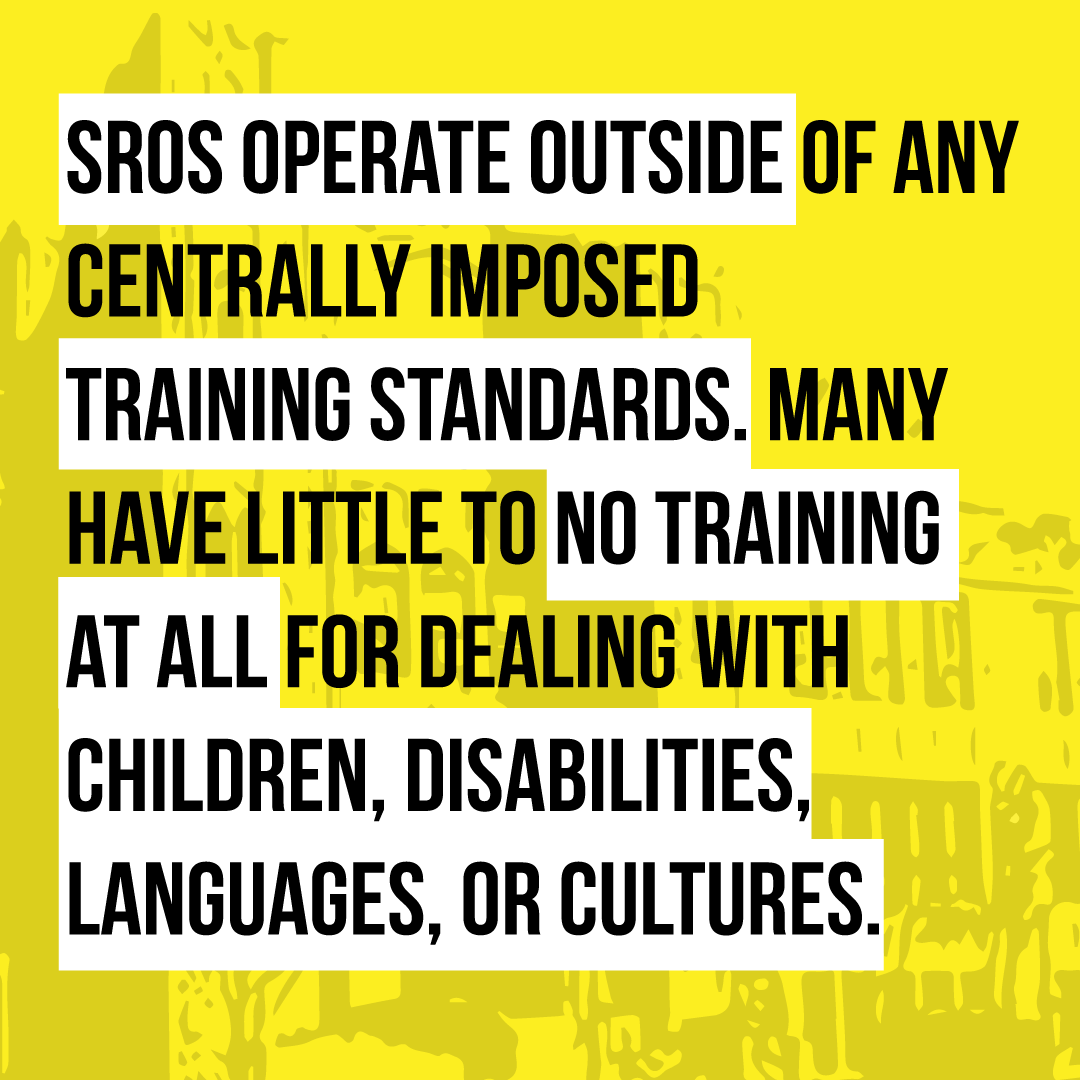The aim of feedback is to promote critical-thinking and problem-solving mechanisms that enable learners to assess their own progress and apply a critically reflective approach to academic work.
#feedback #feedforward #teachingpedagogy #selfregulatedlearning #highereducation
#feedback #feedforward #teachingpedagogy #selfregulatedlearning #highereducation
However, text-based feedback has limitations, and, on it's own, is not inclusive.
#feedback #inclusivity #highereducation
#feedback #inclusivity #highereducation
“Higher education institutions are being criticised more for inadequacies in the feedback they provide to students than for almost any other aspect of their course..." (Boud & Molloy 2013, p. 698).
#feedback #teachinginnovation #LTHEchat #audiovideofeedback
#feedback #teachinginnovation #LTHEchat #audiovideofeedback
...and in Australia, the Course Experience Questionnaire consistently report that graduates are less satisfied with assessment and feedback than other features of their courses.
#feedback #studentfeedback @CRADLEdeakin #LTHEchat @NCVER
#feedback #studentfeedback @CRADLEdeakin #LTHEchat @NCVER
@CRADLEdeakin @NCVER As educators, it is important that we approach feedback in a way that ensures we are meeting the challenges and preferences of the adult student cohort. How do you meet the sometimes competing demands?
#FirstYearExperience #feedback #highereducation
#FirstYearExperience #feedback #highereducation
@CRADLEdeakin @NCVER To me, the answer lies in providing personalised feedback that feeds forward and responds to the changing needs of learners. I choose to do this with audio-video (screen-casted) feedback.
@CRADLEdeakin @NCVER “Some types of feedback are more powerful than others [...] the most effective forms of feedback provide cues or reinforcement to learners; are in the form of video-, audio-, or computer assisted instructional feedback; and relate to goals” (Hattie & Timperley 2007)
@RacePhil
@RacePhil
@CRADLEdeakin @NCVER @uiowa Instructor Wanda Raiford, J.D., Ph.D., explains how the use of audio or video recordings turn grading papers into an invigorating conversation with students (@UICfT):
@CRADLEdeakin @NCVER “Students are overwhelmingly positive about audio-video- based assessment feedback. Students provided unsolicited responses to the video feedback in the form of direct emails to the teachers or via the discussion forums” (Henderson & Phillips 2013).
@CRADLEdeakin @NCVER Audio-video feedback redefines learning vis-à-vis the SAMR Model (@rubenrp) by means of given feedback through technology, facilitating learners to become self-regulating.
#SAMRModel #feedback #teaching #innovation #digitallearningtechnology
#SAMRModel #feedback #teaching #innovation #digitallearningtechnology
• • •
Missing some Tweet in this thread? You can try to
force a refresh









